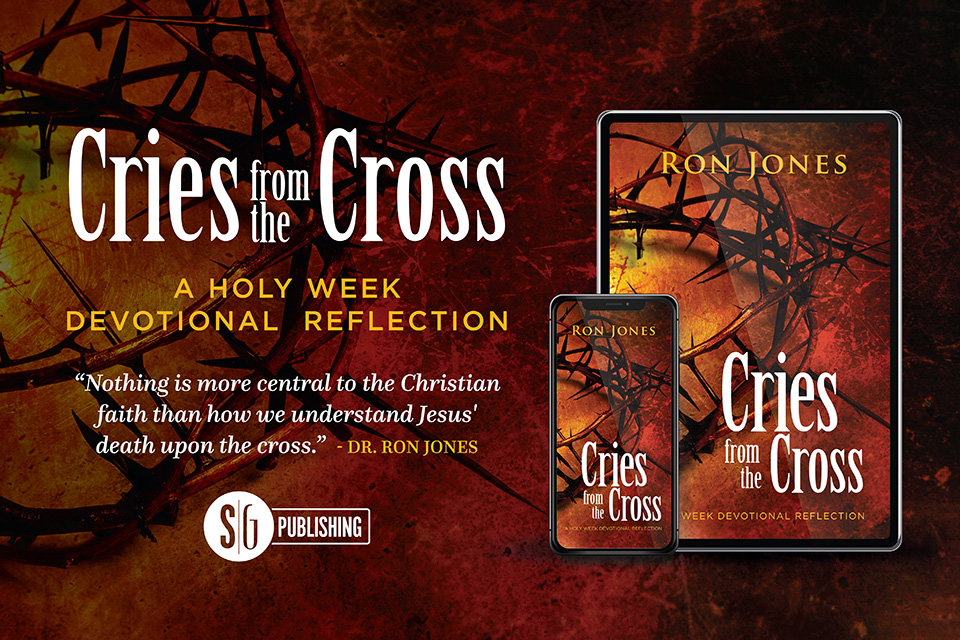Introduction
But God demonstrates his own love for us in this: While we were still sinners, Christ died for us. Romans 5:8
Located on the traditional site where Jesus delivered His famous Sermon on the Mount (Matthew 5-7), a Catholic Franciscan chapel sits beautifully on the northern shore of the Sea of Galilee. The octagonal-shaped sanctuary was built in 1938, ironically with the Italian fascist dictator Benito Mussolini’s support. Pope John Paul II celebrated mass there in the year 2000. Even President George W. Bush visited the Church of the Beatitudes, as it is known, in the last year of his presidency. The shrine is also not far from the ancient city of Capernaum, which was the location of Jesus's ministry headquarters and where He performed some of His miracles.
On a recent trip to the Holy Land, we visited this beautiful and sacred site. As we were leaving, I overheard a conversation between two ladies who were entering the gift shop.
“You like to shop, don’t you?”
“Oh, yes! I love to collect crosses.”
Rarely does a day pass that I do not see somebody wearing a cross as a piece of fine jewelry. In fact, on my right hand, I wear a beautiful sterling silver ring which a Texas jeweler named James Avery carved a cross. I cherish it because years ago, my kids gave it to me on Father’s Day. However, there is something that I find strange about my ring and the conversation I overheard outside the chapel's gift shop.
Can you imagine somebody saying, “Oh yes! I collect electric chairs” or “I collect medieval guillotines” or “I collect hangman nooses”? How did the cross, a Roman means of barbaric capital punishment, become a collector’s item, let alone a beloved symbol of faith?
Some people attribute sentimental value to the cross, viewing it merely as a symbol of suffering. However, Christians ascribe a deeper meaning to the cross of Christ, placing their faith in the One who bore the penalty for their sins.
Nothing is more central to the Christian faith than how one understands Jesus's death upon the cross. The slightest misunderstanding of His crucifixion dilutes what is otherwise the most dynamic event in world history. As important as the cross is to the Christian faith, there remains so much confusion and controversy surrounding the death of Jesus.
Not everyone embraces the cross in the same way. Some people disregard the cross as mere foolishness. They view Jesus's death as the tragic ending to an otherwise good life that was caught in a tangled web of political and religious gamesmanship. “If Jesus was God,” they scoff, “what was God doing on the cross?”
Some reinterpret the cross for our modern times, giving it an extreme makeover through religious syncretism and sentimentality. Still, others believe the power of God flows through the cross to save them from eternal damnation. In his first letter to the Corinthians, Paul summarizes, “For the word of the cross is folly to those who are perishing, but to us who are being saved it is the power of God” (1:18).
How should we interpret the cross of Christ? What is the meaning of Christ’s suffering? From the beginning of the Early Church, followers of Jesus have reflected deeply upon the significance of Jesus’s sacrifice on the cross, some by revisiting the last words He spoke before He gave up His spirit.
Last words are important words. Jesus spoke many words during his three-year ministry on earth. However, His loving cries from the cross are among His most significant. They give us a powerful glimpse inside the meaning of the cross of Christ.
Romans 5:8 says, “But God demonstrates his own love for us in this: While we were still sinners, Christ died for us.” If you want to see how much God loves you, look at Jesus on the cross; if you want to hear Him say, “I love you!” listen to His cries from the cross. I wrote these brief Holy Week reflections to encourage that purpose and for your enjoyment.
Dr. Ron Jones
Virginia Beach, Virginia
February 2018
Return to the "Cries from the Cross" home page."
Donate so we can continue offering resources like this for free.

